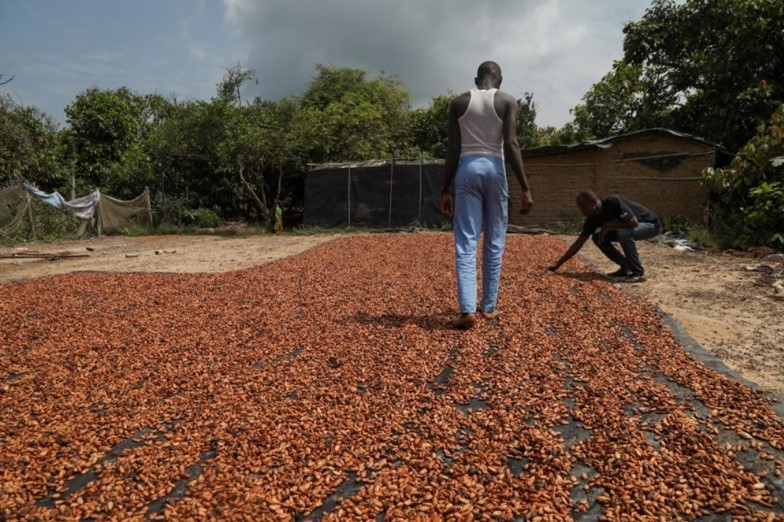
Delaying the EU's Anti-Deforestation Law Is Not an Option
The EU Deforestation Regulation (EUDR) was initially celebrated as a groundbreaking measure to combat illegal deforestation. Enacted in June 2023, it marked the world's first law aimed at ensuring that EU market access is granted only to companies proving their products—such as cattle, wood, cocoa, soy, palm oil, coffee, and rubber—are free from deforestation. This law represents a strong European commitment to ending complicity in global forest destruction.
Challenges and Opposition
As the EUDR's implementation deadline of December 30, 2024 approaches, optimism has been overshadowed by growing opposition. Several EU agricultural ministries, including those in Austria, Czechia, Finland, Italy, Poland, Slovakia, Slovenia, and Sweden, along with the European People's Party (EPP), have called for a postponement.
The US has also expressed concerns. In May, US Secretaries of Commerce and Agriculture urged the EU to delay the law, citing significant challenges for American producers. South American diplomats warned that the law might worsen Europe's cocaine problem, suggesting that farmers in Peru and Colombia could switch from growing coffee and cacao to coca leaves. US paper-makers and the European timber industry have also criticized the law, citing potential shortages of hygiene products and administrative burdens.
Progress in Implementation
Despite the controversy, progress is being made. For example, Ghana, a major cocoa producer, is preparing to launch a traceability system by October 2024, which will track cocoa beans from farm to port. Côte d'Ivoire is similarly enhancing traceability with new ID cards for farmers, which will also address issues of fraudulent payments.
In response to attempts to delay the EUDR, over 120 civil society and farmer organizations from Ghana and Côte d'Ivoire have urged EU officials to uphold the law. Additionally, more than 170 global NGOs, including Brazil's APIB representing Indigenous Peoples, support the EUDR as a means to protect both nature and Indigenous land rights.
Industry Support and Call for Action
Consumer goods companies like Nestlé, Mars Wrigley, and Ferrero have defended the EUDR, highlighting its role in driving necessary changes in the cocoa and chocolate sectors. They have called for additional EU support to help smallholders adapt to the law and foster equitable partnerships with producing countries.
Given the urgency of addressing deforestation—an issue that led to the loss of forest area nearly as large as Switzerland last year—the EUDR's success hinges on its implementation. The EU must rise to the challenge, increasing support for affected producers and resisting resistance driven by short-term interests. The commitment to making the EUDR effective is crucial for protecting forests and combating climate change.